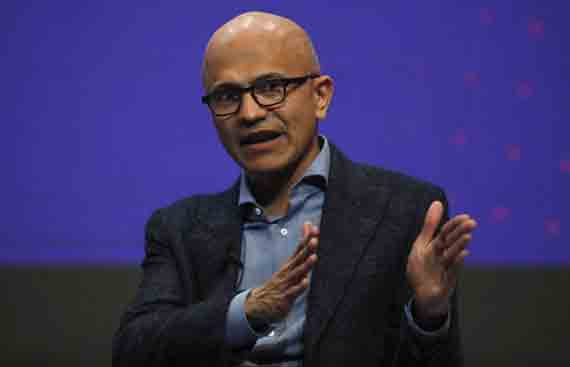What Indian-born Business Leaders Think About New Citizenship Law?

Silicon Valley venture capitalist Vinod Khosla believes that India should be a secular country and Microsoft CEO Satya Nadella calls citizenship limits ‘sad.’
FREMONT, CA: Two Indian-born business leaders; venture capitalist Vinod Khosla and Microsoft’s Satya Nadella have added their voices to criticisms of India’s new citizenship law that has tossed the nation and led to several violent protests.
Microsoft Corp. Chief Executive Officer Satya Nadella, who was born in India, said the country’s recent Citizenship Amendment Law is “sad,” adding his voice to criticism of a policy that has roiled the country and led to violent protests. The new law bans unregistered Muslim migrants from neighboring countries from seeking citizenship in India while allowing immigrants from other religions to do so.
At a Microsoft event for technology editors in New York, Nadella mentioned about Indian citizenship bill that it is just wrong. He also said that he would love to see a Bangladeshi immigrant who comes to India and creates the next unicorn in India, or becomes the CEO of Infosys. Another Silicon Valley venture capitalist Khosla echoed Nadella’s comments on the topic. He firmly believes that India should be a secular country.
The Indian Twitter account of the software maker’s later tweeted, which seemed to moderate previous comments, beginning with the thought that every country should define its borders, protect national security, and set immigration policy accordingly. It also mentioned that he is shaped by Indian heritage and growing up in a multicultural India and his immigrant experience in the United States.
Meenakshi Lekhi, a spokeswoman and federal lawmaker for the ruling Bharatiya Janata Party, sought to dismiss Nadella’s comments by commenting, “How literate need to be educated! Perfect example.” She also added that “How about granting these opportunities to Syrian Muslims instead of Yezidis in the USA?”
Indirectly she was referring to the travel ban made by President Donald Trump that includes visa restrictions on five majority-Muslim nations: Iran, Libya, Somalia, Syria, and Yemen, as well as Venezuela and North Korea.



